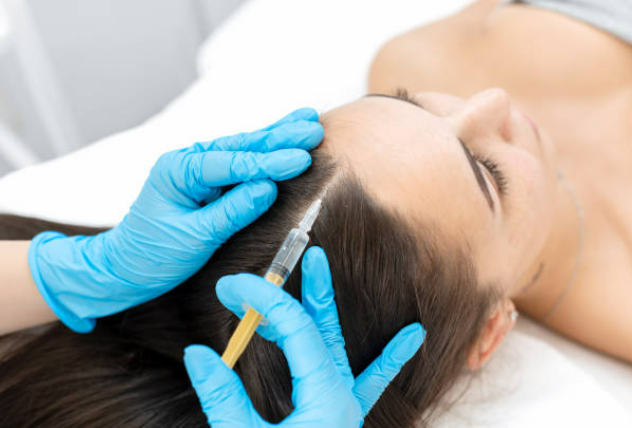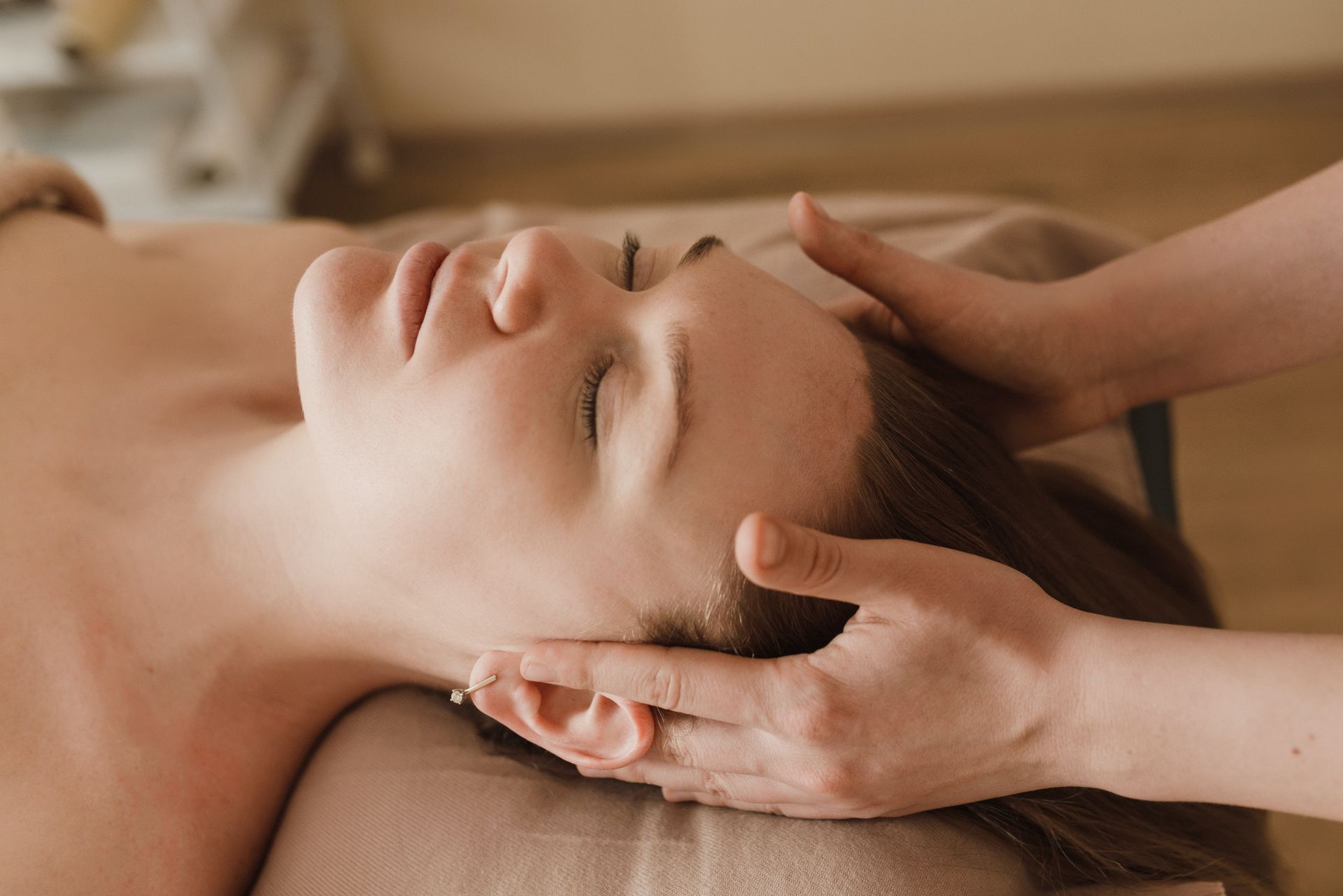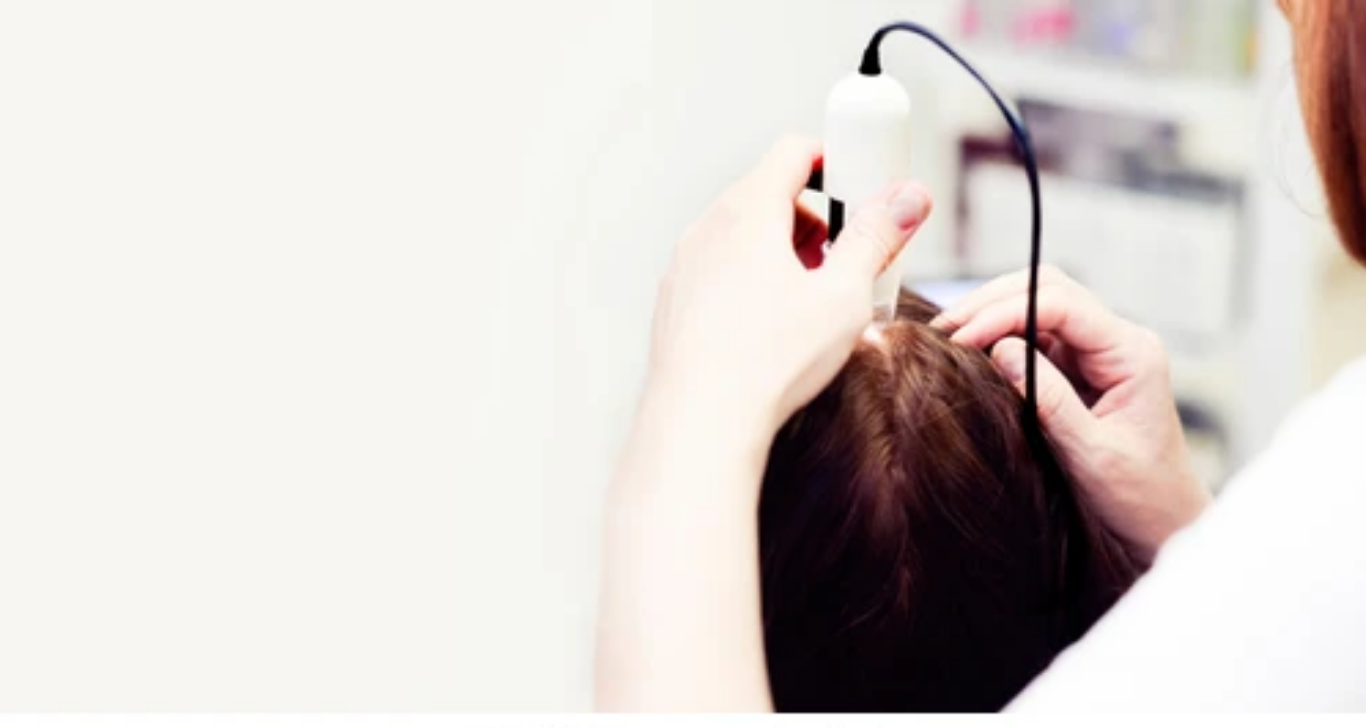Trichologist Birmingham Blog
The Link Between Stress and Hair Loss: Insights from a Trichologist in Birmingham
Unveiling the Connection: How Stress Impacts Hair Health and the Role of a Trichologist in Birmingham
Having healthy, luscious hair is not only a matter of aesthetics, but also plays a significant role in our self-esteem and confidence. However, many people experience hair loss, and one of the underlying factors that contribute to this issue is stress. In this article, we will explore the connection between stress and hair loss and provide insights from a trichologist in Birmingham, shedding light on this important topic.
Understanding Stress and Its Effects on the Body
Stress is a natural response that occurs when we face challenging or demanding situations. It can be categorized into two forms: acute stress, which is short-term, and chronic stress, which persists over an extended period. When we experience stress, our body initiates a stress response that triggers various physiological changes, affecting different systems within our body.
The Hair Growth Cycle
To understand the link between stress and hair loss, it's essential to grasp the basics of the hair growth cycle. Hair goes through a continuous cycle consisting of three phases: anagen (growth phase), catagen (transitional phase), and telogen (resting phase). Each hair follicle operates independently, and a balanced hair growth cycle is crucial for healthy hair.
Stress-Induced Hair Loss
A. Telogen Effluvium
- Telogen effluvium is a common form of hair loss that occurs due to stress. This condition disrupts the hair growth cycle, causing a higher number of hairs to enter the resting phase (telogen) prematurely. As a result, excessive shedding occurs, leading to noticeable hair thinning or hair loss. Stressful life events, such as surgery, childbirth, or emotional trauma, can trigger telogen effluvium.
B. Alopecia Areata
- Alopecia areata is an autoimmune condition characterized by the body's immune system attacking the hair follicles, resulting in patchy hair loss. While the exact cause of alopecia areata is not fully understood, it is believed that stress can act as a triggering factor for this condition. People with a genetic predisposition may experience hair loss when exposed to significant stressors.
Mechanisms Behind Stress-Induced Hair Loss
Stress has various physiological effects on the body, which can contribute to hair loss.
A. Hormonal Changes: Stress activates the release of stress hormones, such as cortisol, which can disrupt the hair growth cycle and negatively affect the hair follicles' function.
B. Inflammation: Prolonged stress can lead to chronic inflammation, which can damage hair follicles and impede their ability to produce healthy hair.
C. Immune System Dysregulation: Stress can affect the immune system, triggering an autoimmune response that mistakenly attacks the hair follicles, leading to hair loss.
Coping with Stress to Promote Hair Health
A. Stress Management Techniques
- To mitigate the impact of stress on hair health, it is crucial to adopt effective stress management techniques. Regular exercise, meditation, deep breathing exercises, and engaging in activities that promote relaxation can help reduce stress levels.
B. Seeking Professional Help
- Consulting a trichologist is highly recommended for individuals experiencing stress-induced hair loss. A trichologist can diagnose the underlying causes of hair loss, create personalized treatment plans, and provide guidance on lifestyle modifications, including stress reduction techniques and appropriate hair care practices.
Lifestyle Factors for Healthy Hair
Maintaining a healthy lifestyle is vital for promoting hair health and minimizing the impact of stress on hair loss.
A. Balanced Diet and Nutrition
- Consuming a well-balanced diet rich in essential nutrients, such as vitamins, minerals, and proteins, supports healthy hair growth and strengthens hair follicles.
B. Good Hair Care Practices
- Adopting proper hair care practices is essential for maintaining healthy hair, especially when experiencing stress-induced hair loss. Here are some tips to consider:
- Use gentle, sulfate-free shampoos and conditioners that nourish the hair without stripping its natural oils.
- Avoid excessive heat styling and use heat-protectant products when using styling tools.
- Minimize the use of chemical treatments and harsh hair products that can damage the hair follicles.
- Be mindful of hairstyles that pull on the hair tightly, as they can contribute to hair breakage and traction alopecia.
Seeking Professional Help from a Trichologist
If you're concerned about stress-related hair loss or experiencing significant hair thinning, consulting a trichologist is highly recommended. A trichologist is a hair and scalp specialist who can provide a comprehensive evaluation of your hair and scalp health, identify any underlying conditions, and develop a personalized treatment plan. They can offer a range of solutions, including topical treatments, nutritional guidance, laser therapy, and other innovative techniques to support hair regrowth and overall hair health.
The link between stress and hair loss is a complex and multifaceted issue. Understanding the impact of stress on the hair growth cycle and the mechanisms behind stress-induced hair loss can help individuals take proactive steps to manage stress, support hair health, and seek appropriate professional guidance when needed. By adopting stress management techniques, maintaining a healthy lifestyle, and consulting a trichologist, you can take control of your hair health and foster a positive relationship between stress and hair growth.
Remember, hair loss caused by stress is often reversible, and with the right approach and support, you can restore your hair's vitality and regain your confidence.
If you're currently experiencing stress-related hair loss or have any concerns about your hair health, reach out to a reputable trichologist in Birmingham who can provide the expertise and guidance you need to address the issue effectively. Take charge of your well-being and let your hair thrive even in the face of stress.



